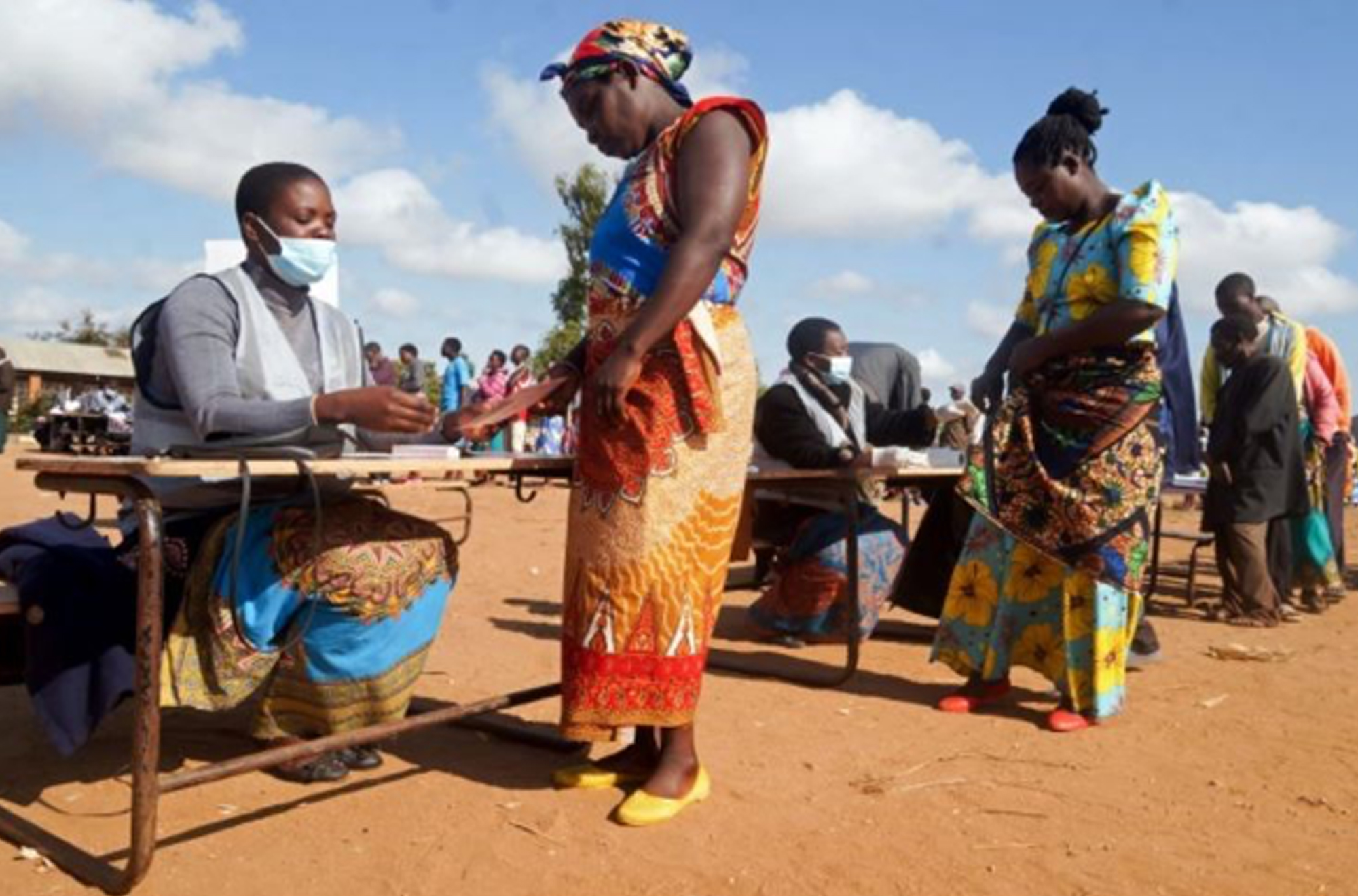
It was A’s only choice: to terminate the pregnancy by any means necessary and save her family from shame. But the unsafe, illegal procedure killed her. The 14-year-old was rejected by a man who she said had impregnated her. Her grandmother hides tears as she recalls how A’s fear of being a “laughing stock” in her remote village, at the southern tip of Lake Malawi, drove her to adopt a dangerous method to terminate her pregnancy.
“I came to know about her condition two weeks later when she locked herself in bed crying of pain while bleeding severely,” her grandmother said. “We rushed with her to a nearby hospital, where she revealed to us that she was pregnant and had drunk a concoction of aloe vera and aspirin to terminate it. She was later referred to a big hospital where she was pronounced dead on arrival.”
Malawi has one of the highest maternal mortality ratios in the world, including from abortion-related complications. Recent research from the Malawi College of Medicine estimates that more than 141,000 back street and unsafe abortions occur annually, including 12,000 related deaths. Dr Chisale Mhango, a gynaecologist and one of the lead researchers of the report, has been campaigning for a change in the law for a long time.
“We are losing thousands of women every year to backstreet abortions,” said Dr Mhango. “These women die like chickens and sadly, no one seems to care about them.” He estimates that roughly 70% of admissions to gynaecology wards are comprised of post-abortion care patients, with the government spending roughly US$300,000 to treat complications every year.
More backstreet terminations take place in rural areas, Dr Mhango adds, due to a critical shortage of family planning services. Girls and women use cassava sticks, wires and herbal concoctions from witch doctors instead, even having witnessed friends die from complications of doing so.
A witchdoctor reported seeing 50 women a month, charging them US$7 for an abortion, compared to $35 in a private clinic. He admits some of his remedies are dangerous and cause complications, but claims he has “no choice” due to the high demand – and the profits.
Meanwhile, in 2017, the Malawi Law Commission drafted a Termination of Pregnancy Bill to replace the current anti-abortion law and include provisions for legal abortion in cases of rape and incest.
But due to heavy opposition from some ageing male church leaders, who associate abortion with murder (without associating women’s deaths from unsafe abortion with murder), a vote has still not been taken.
The bill should have been presented most recently in Parliament last October by Dr Mathews Ngwale, chair of the Committee on Health, but he decided to postpone (yet again) in the face of what is described as widespread opposition. Ngwale is expected to introduce a motion to present the bill later this month, noting that Malawi could have avoided roughly 48,000 unsafe abortion-related deaths if the bill had been passed in 2017 –the year it was first presented to the Cabinet.
But Emma Kaliya, a prominent abortion rights advocate, accused the Cabinet of sitting on the fence while thousands of women are dying. “A government with a majority of men is politicising the bill because it involves women. It wouldn’t have taken this long to discuss it in parliament if it were men dying,” Ms Kaliya said.
Malawi is ranked 116 out of 153 nations in the World Economic Forum’s 2020 Global Gender Gap Index, but perhaps things will start changing. Malawi’s newly-elected President Lazarus Chakwera has appointed women to a record 39% of the ministerial and deputy ministerial roles in the cabinet, who are vowing to use their new roles to help other women. The move came amid a rise in feminist activism and protests, e.g. against sexual violence after a series of alleged police assaults on women last year.
Four women are now ministers, up from two, including for community development and social welfare, education, and health. However, Chakwera was criticised for removing gender as a portfolio from the Ministry for Children and Community Development and because most of the women were appointed as deputies rather than as ministers.
SOURCE: Daily Telegraph UK, by Henry Kijimwana Mhango, 19 February 2021 ; PHOTO: Voting in Thyolo, Malawi, by Ernest Mwale/Reuters, 23 June 2020.



